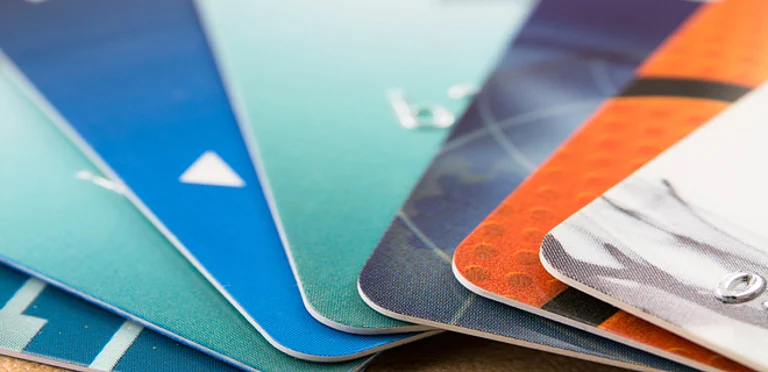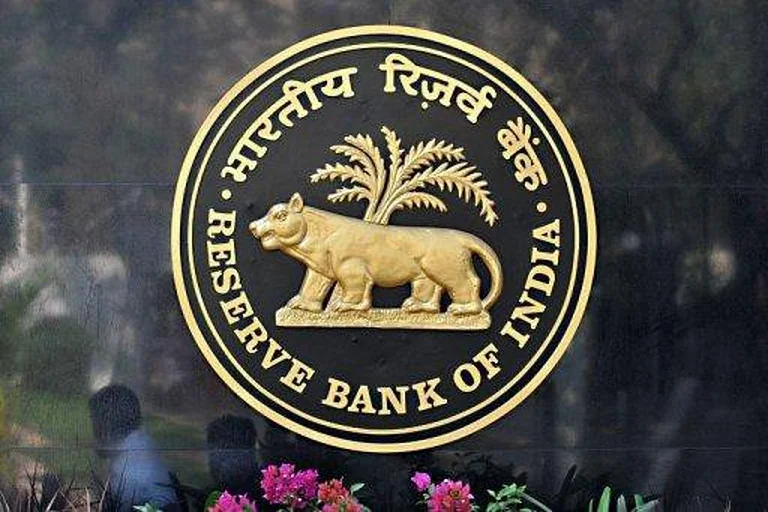Data from the Reserve Bank of India (RBI) suggests that credit card usage went up in the last three years, driven by high consumer spending and increasing penetration of digital payments. However, non-performing assets (NPAs) or the money defaulted by consumers also increased by 28.42 per cent to Rs 6,742 crore in 2024.
Minimum Amount Due Trap: Why Credit Card Users Should Pay Bills in Full
The minimum due on your credit cards may seem feasible initially, but it can severely hurt your financial well-being in many ways. Here’s why it’s important to settle your credit cards bills in full at all times
According to the RBI data, credit card transfers stood at Rs 1.84 lakh crore in the month of January 2025, an increase from Rs 64,737 crore in January 2021. Further, the number of credit cards sanctioned by banks also shot up to 108.8 million in January 2025 from 99.5 million in January 2024 and 61 million in January 2021, according to the RBI.
While credit card usage is surging, a common repayment option, the “minimum due”, which may seem like a lucrative option, could lead users into a debt spiral.
Interest-Free Period Loss
Typically, cardholders get a 45-day interest-free window. However, it will still attract interest on the balanced unpaid amount if only the minimum amount due has been paid, applicable from the date of purchase. Additionally, any new purchases during that period will start attracting interest from the date of the transaction, nullifying the benefit.
Minimum Due Amount Calculation
Here’s how the minimum amount due on credit cards is calculated. Here are the components that may impact the minimum due amount:
5 Per Cent of Outstanding Balance: If your total dues are Rs 50,000, your minimum payment could be Rs 2,500.
Interest Charges: Any balance carried forward from the previous cycles will incur interest, and it will get added to the minimum amount due.
EMI Components: Where large purchases are divided into equated monthly instalments (EMIs), those EMIs will also be included in the charges.
Overdue Amounts: Any past amount due will also get added to the current minimum due.
What’s the Risk of Minimum Due Payment
Despite the fact that a cardholder's account will not default if they pay only the minimum due, this practice has long-term financial risks.
Sky-High Interest Rates: The rate of interest on credit cards can go as high as 36-42 per cent annually. Paying just the minimum means the remaining balance accrues interest at a range between 2 and 4 per cent per month.
Credit Score Impact: Paying only the minimum may not reflect well on your credit behaviour. Over time, it can lower your credit score, making future loans and credit approvals more expensive or harder to obtain.


